If veteran poll watchers were expecting declines for both President Biden and former President Trump within their own parties, they have no doubt been sorely disappointed. Despite plenty of negative media coverage in recent weeks, both potential candidates have widened their leads within their respective parties, the latest I&I/TIPP Poll data show.
Let’s start with the Democrats. In this month’s online poll, taken from March 1-3 among 659 registered voters who are Democrats/lean Democrat, we asked voters once again: “If the Democratic presidential primary were held today, whom would you support for the nomination?”
As happened in February, Biden came in solidly ahead of all potential challengers. Of those participating in the poll, 43% said they support Biden, up from 38% last month. The margin of error for the subsample is +/-4.0 percentage points.
The breakdown: 47% of Democrats say they’ll support Biden, while just 15% of independents will.
Biden’s numbers are trailed in second place by Vice President Kamala Harris (9%), and in third place by former First Lady Michelle Obama, Independent socialist Sen. Bernie Sanders, and “Not sure,” all at 8%.
No other candidate gets even 5%. That includes former Secretary of State and First Lady Hillary Clinton (4%), Transportation Secretary Pete Buttigieg, Minnesota Sen. Amy Klobuchar, and Massachusetts Sen. Elizabeth Warren (3%), with a handful of others (including “someone else” at 2%) all at 2% or less.
In sum, all 14 of Biden’s Democratic challengers added together do not have 43% support from their own party. At this point, and it’s very, very early, Biden has a clear lead within his own party, though not a majority.
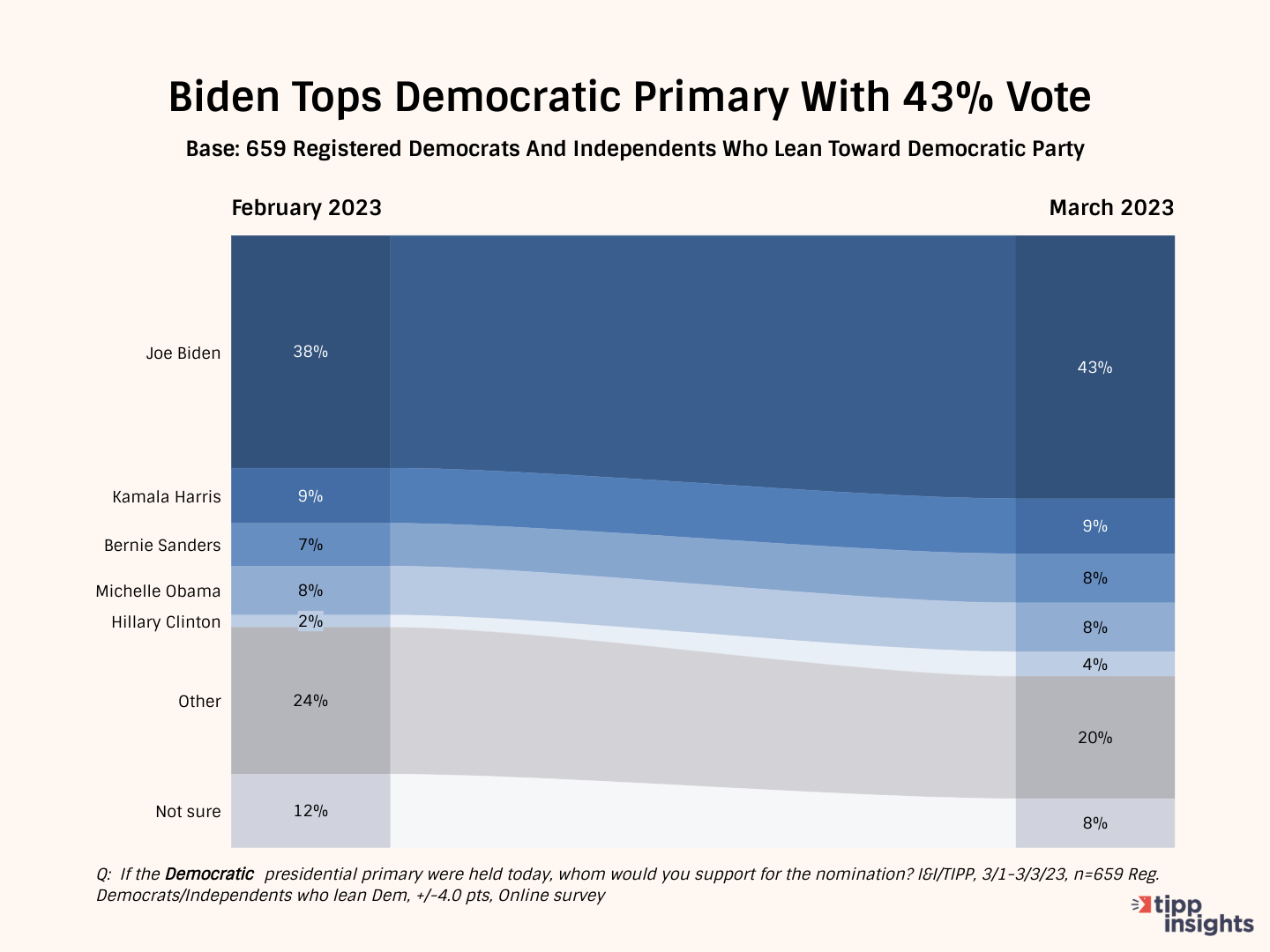
What about the Republicans and former President Trump?
In this month’s public-opinion poll, 51% of 455 Republicans and GOP-leaning independents said they would support Trump, up from 50% in February. The margin of error for the subsample is +/-5.0 percentage points.
But unlike Biden, Trump has a challenger who lurks much closer than any of Biden’s challengers: Popular Florida Gov. Ron DeSantis, who gets 22% of the GOP tally.
As with the Democrats, the support for others within the Republican Party trails off sharply from there: Former Vice President Mike Pence (7%), former South Carolina Gov. Nikki Haley (4%), and former Secretary of State Mike Pompeo (2%).
After him, support ranges from 0% for former New Jersey Gov. Chris Christie and current New Hampshire Gov. Chris Sununu to 1% each for former Maryland Gov. Larry Hogan, South Dakota Gov. Kristi Noem, and entrepreneur/author Vivek Ramaswamy.
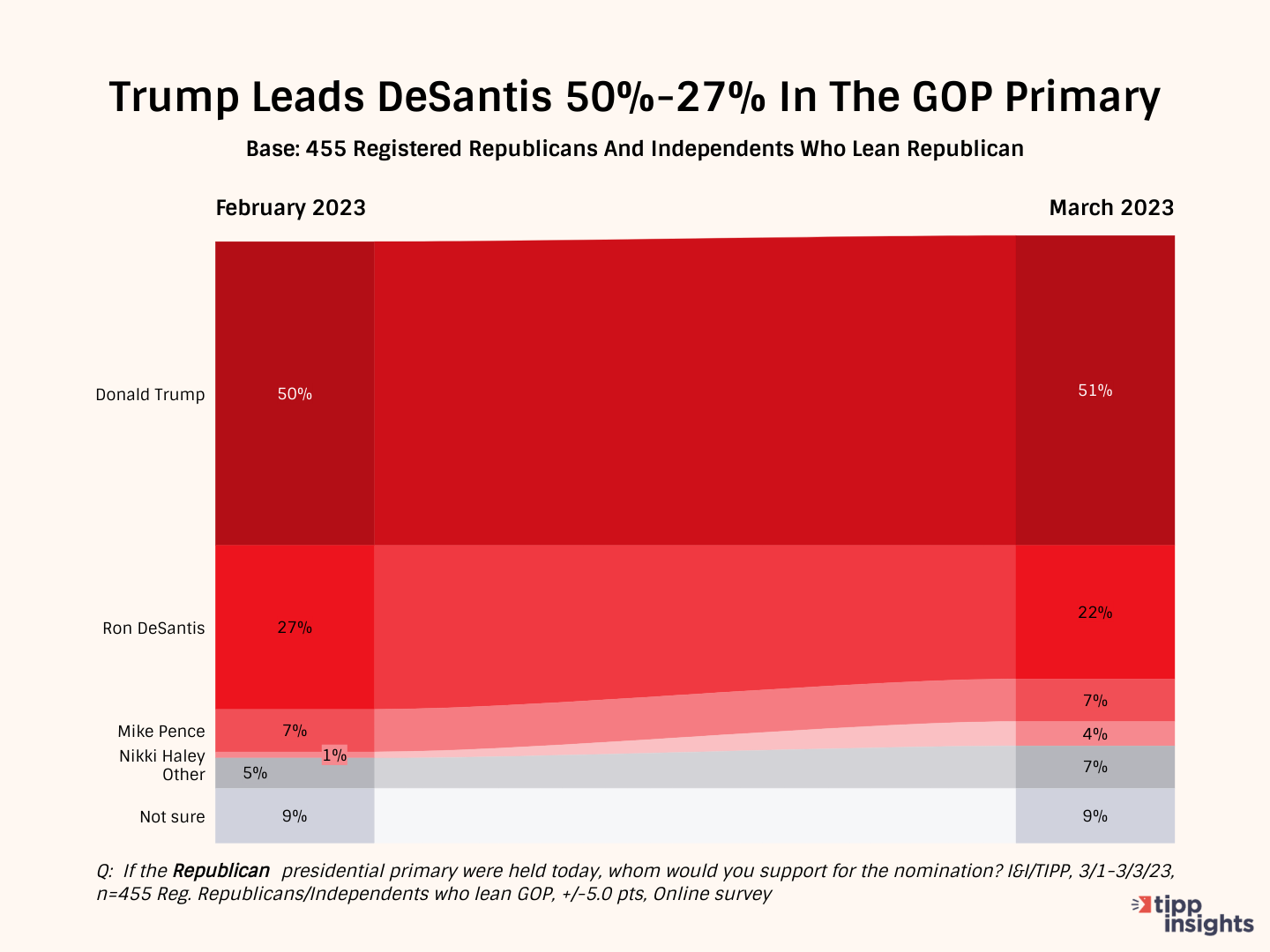
In the March poll, we also once again asked whether Republicans and GOP-voting independents whether they agreed or disagreed with the following statement: “I would like to see a primary contest between Donald Trump and Ron DeSantis”.
Once again, it’s a popular idea: The controversial, but successful, former president vs. the highly popular Florida leader who turned his state from Blue to Red. By 59% (“agree”) to 29% (“disagree”), Republicans said they’d like to see the matchup.
That compares to last month’s reading of 61% to 23%, a slightly larger margin.
For March, a majority of both GOP party regulars (61% “agree” vs. 28% “disagree”) and independents (52% vs. 32%) want to see this contest. This suggests that, at minimum, Republican opinion, while heavily tilted toward Trump right now, has not foreclosed on the possibility of voting for someone else such as DeSantis.
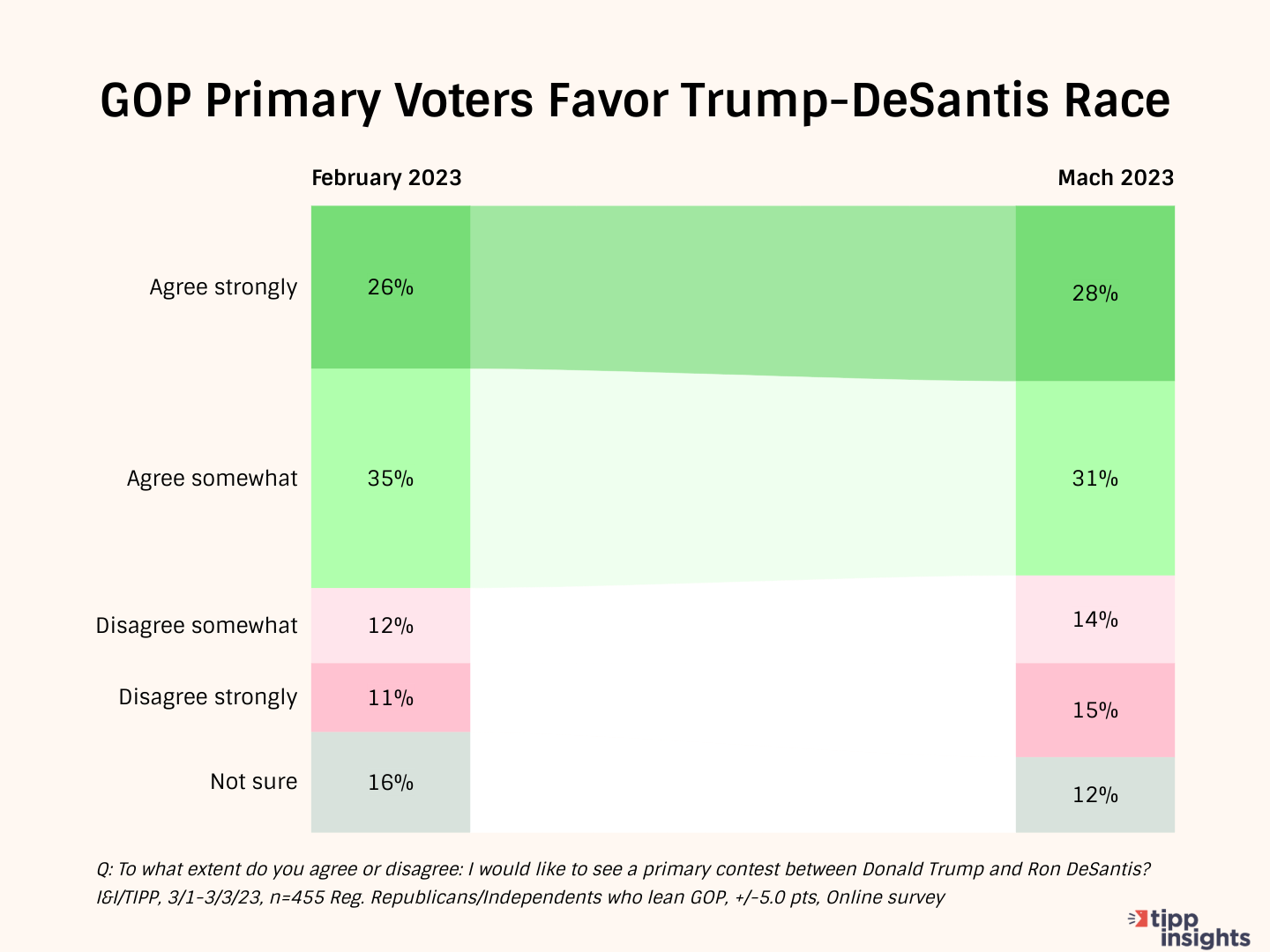
Of course, this early in the two-year presidential selection process for both parties it’s difficult to make early prognostications. Still, if this were a horse race, it would right now be a three-horse race: Trump, Biden, DeSantis. No one else registers as a threat to those three, at least not yet.
Other polls are finding similar. A McLaughlin & Associates poll, for instance, gave Trump 42% support among Republicans to DeSantis’ 26% support. And, as with I&I/TIPP, no other candidate got into double-digits.
Moreover, while Biden still has the bully pulpit of the presidency at his disposal, potentially a potent political weapon, Americans are showing deep disgruntlement with the way things are going.
Since Biden took office, a tripling of inflation, lagging employment, jumps in energy prices, surging interest rates, scary crime rates, soaring illegal immigration have made life worse for many Americans. Indicators of social division have all worsened. Average Americans also didn’t like Biden’s abrupt withdrawal from Afghanistan, resulting in 12 American deaths, or how the administration handled the COVID pandemic.
Another major looming problem: Enormous budget deficits and debt. Biden’s newly proposed budget, as Issues & Insights recently pointed out, will increase taxes by almost $5 trillion and spending by nearly $2 trillion from the already-swollen levels over the coming decade.
But will it fly? A recent Roll Call poll asked: “Which is a bigger problem, government spending or not enough revenue coming in from taxes?” The answer: Government spending, 70%, Not enough revenue, 23%.
Another more basic problem for Biden is the slow motion dissolution of some of the Democrats’ traditional voting base, including white working class, hispanics and Asians. Many feel alienated from the Democrats because of recent economic trends, but also because they feel the Democratic Party is pandering to them.
Even socialist Independent Bernie Sanders, who ran for president as a Democrat, admitted recently:
“(W)hen FDR was president, when Truman was President, even when JFK was president, you go out on the street, and you say to people which party represents the working class of America. Most people . . . would have said the Democratic Party. Today, you go out on the street, that is not the sentiment. In fact, the Republican Party probably has more adherents than the Democrats.”
As Democratic political scientist Ruy Texeira recently told PBS: “I mean, we have people in and around the Democratic Party talking about how all white people have white privilege and how this is a white supremacist society and so on. And I just don’t think this is the way people think about the world, including, you know, normie nonwhite voters.”
Right now, polls show Democrats and Republicans running neck and neck. Will Trump or DeSantis push ahead of Biden? Or someone else? Or can Biden hold on?
Trump has become a lightning rod for the GOP, and many in the party are wary of fully embracing the controversial billionaire populist. Many Americans are just getting to know DeSantis, who says America has a choice between two models: failed progressive California, or “the free state of Florida.”
I&I/TIPP publishes timely, unique and informative data each month on topics of public interest. TIPP’s reputation for polling excellence comes from being the most accurate pollster for the past five presidential elections.
Terry Jones is an editor of Issues & Insights. His four decades of journalism experience include serving as national issues editor, economics editor, and editorial page editor for Investor’s Business Daily.
Hey, want to dig deeper? Download data from our store for a small fee!
TIPP Infographics
Inforgraphics on Current Topics


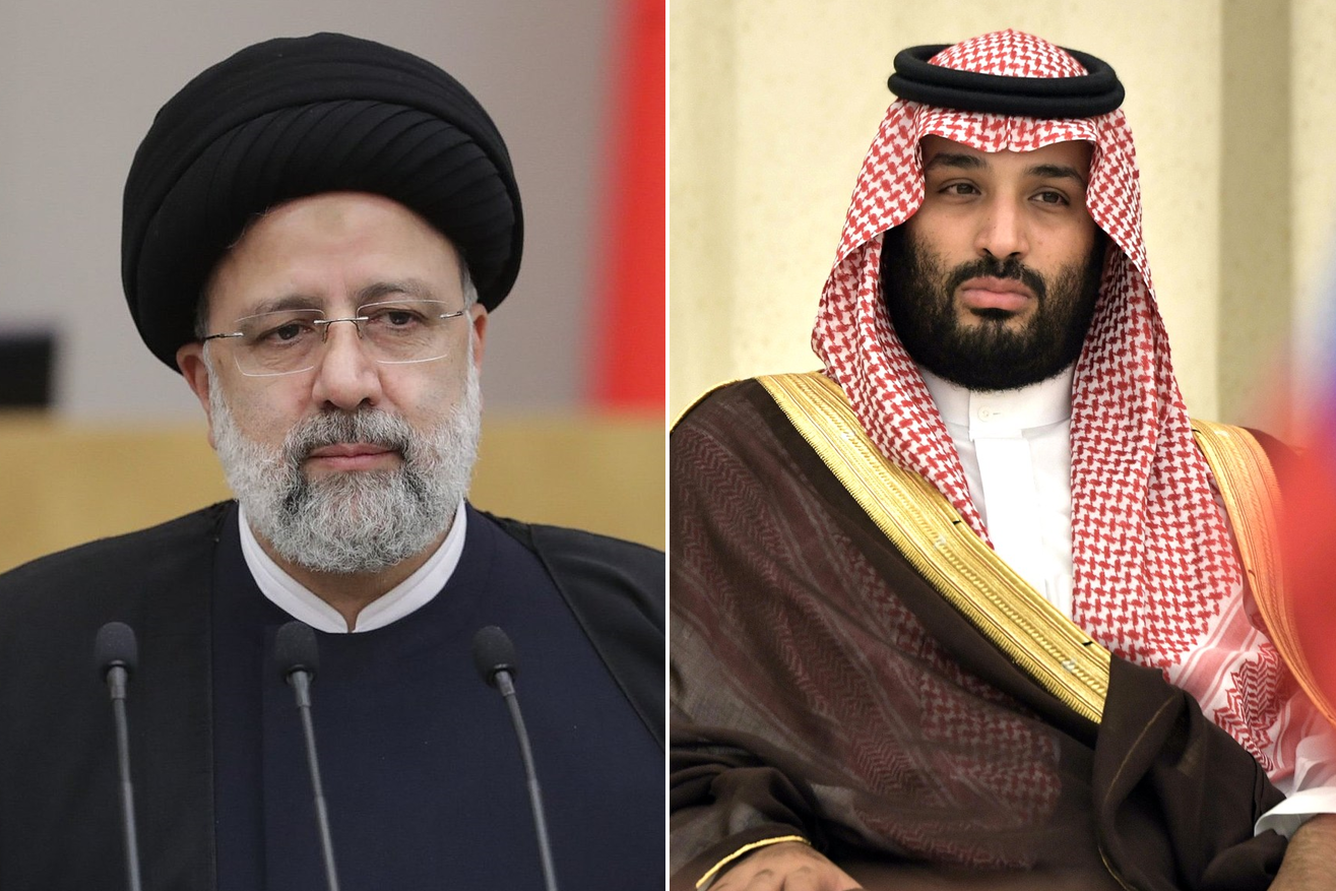
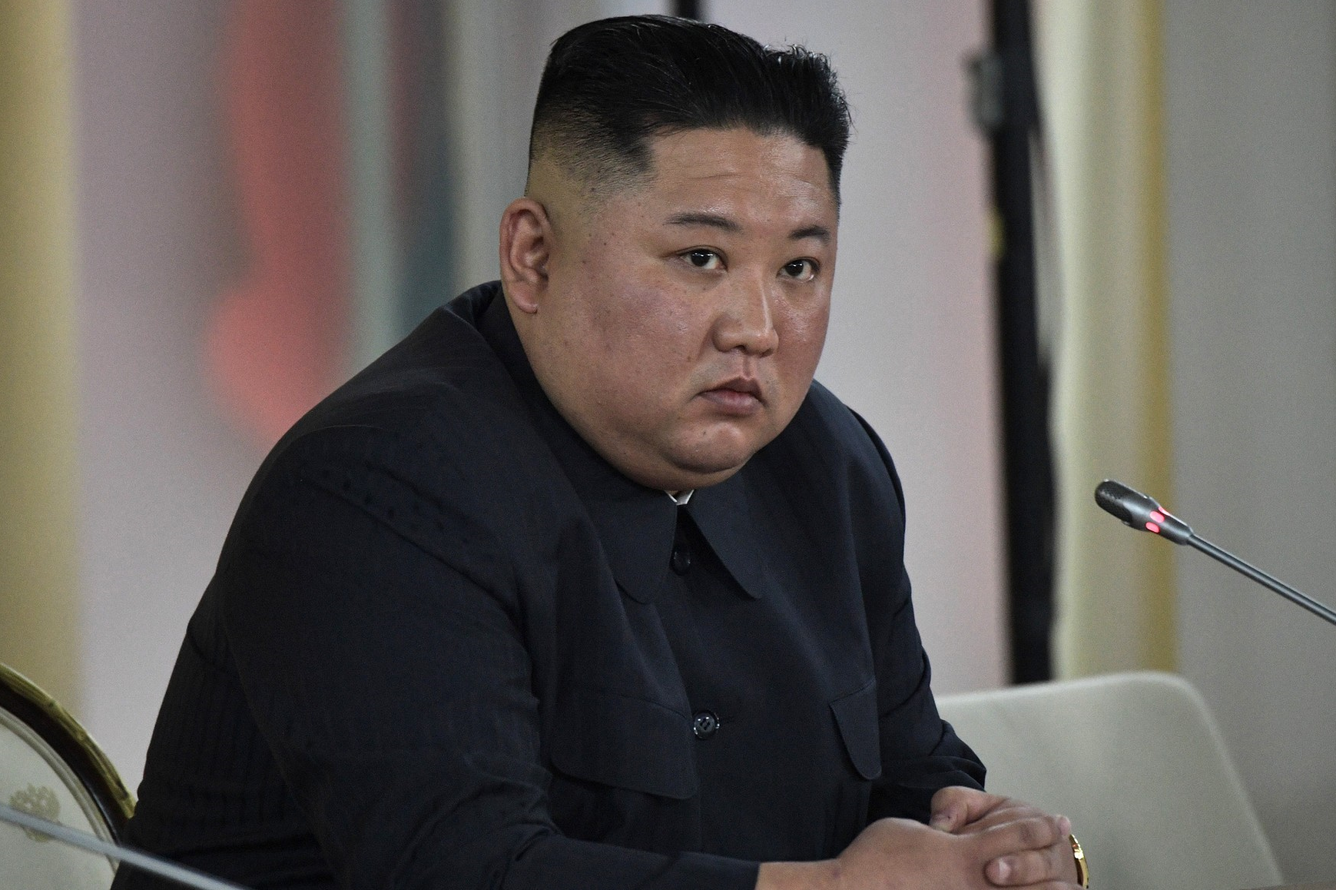
TIPP Picks
National Issues

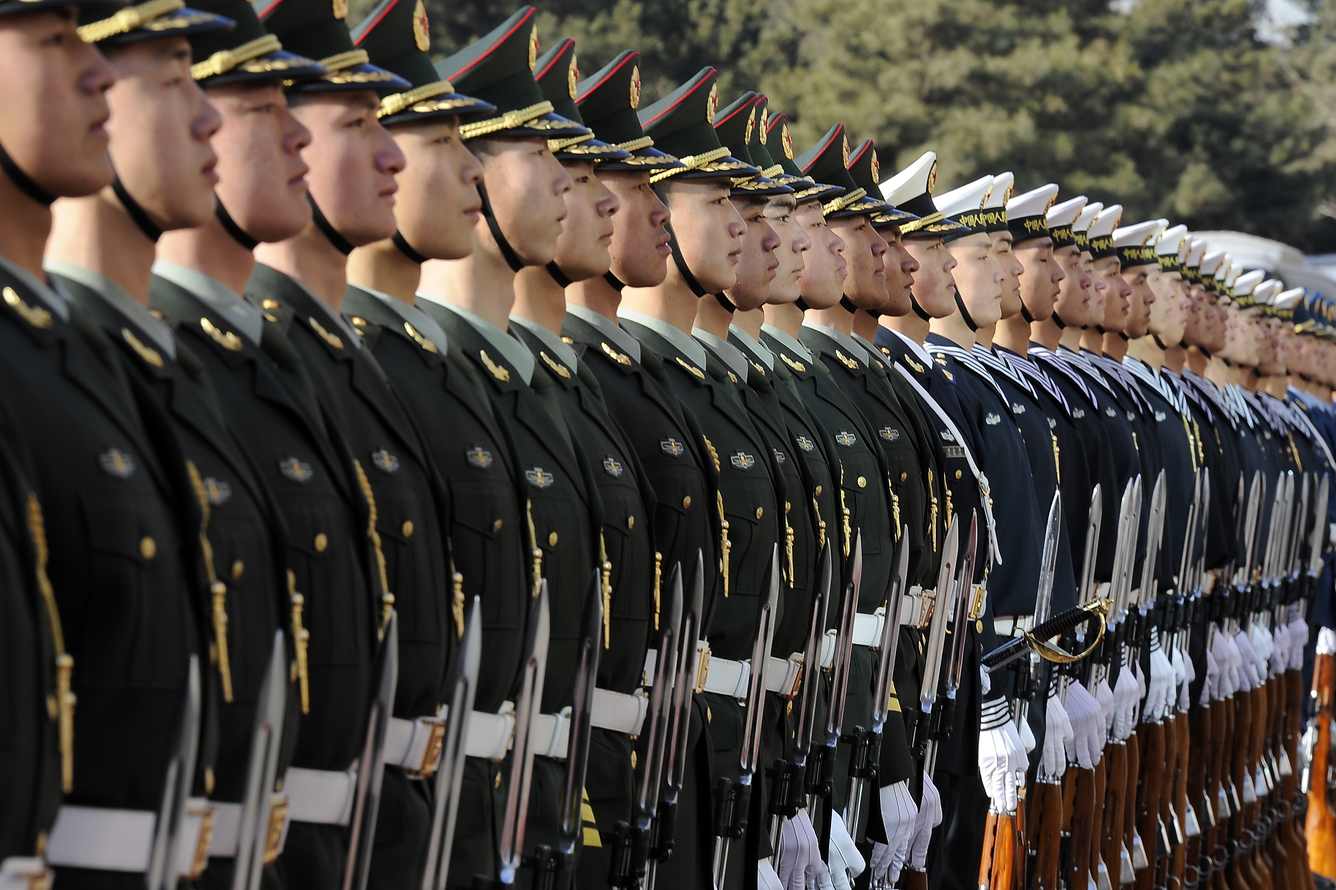
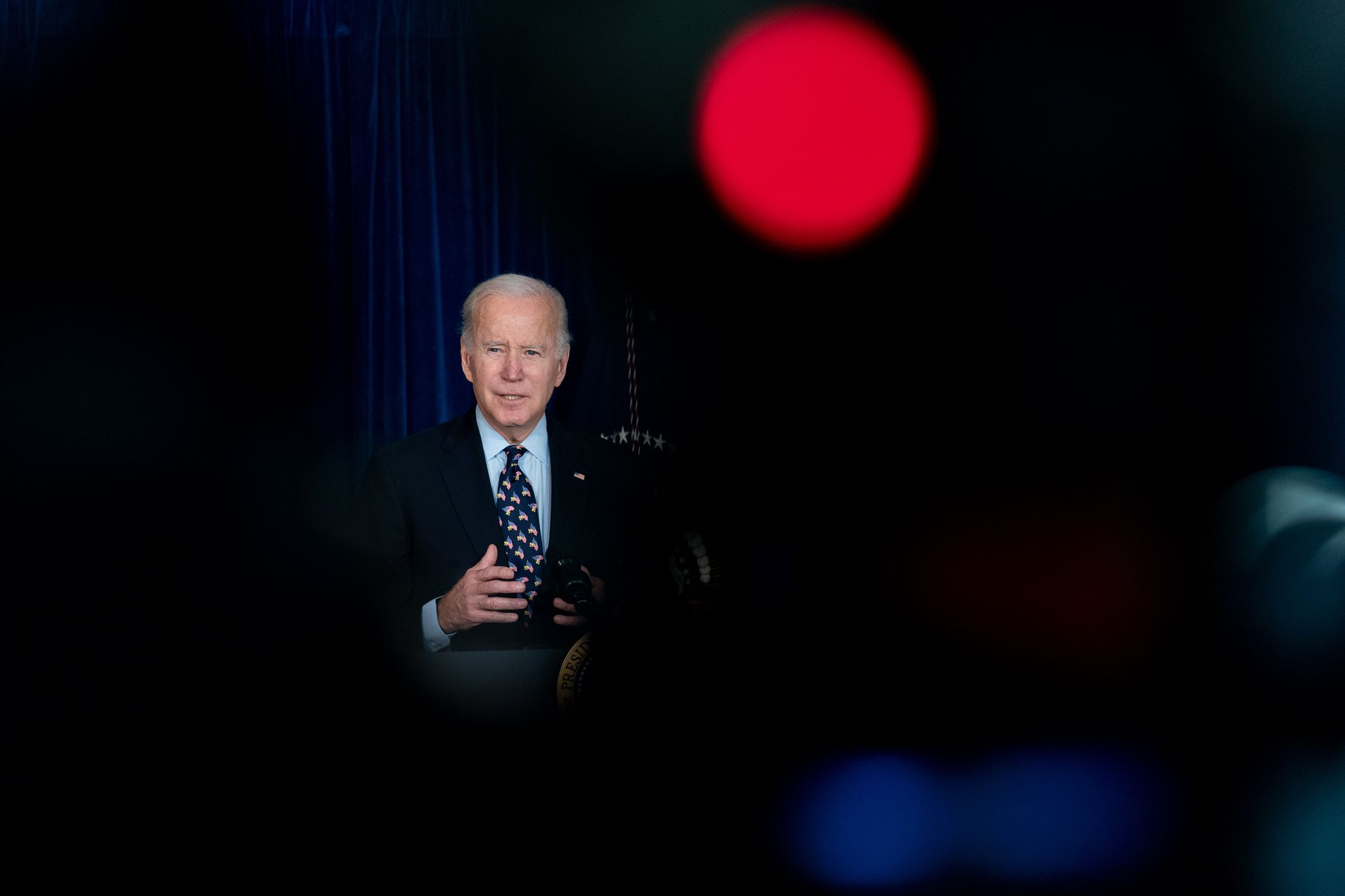
TIPP Takes
Geopolitics And Geoeconomics
#1. Kyiv Criticizes Russian Proposal To Extend Grain Deal For 60 Days – Al Jazeera
A Russian delegation announced that Moscow was ready to extend the Ukraine grain export deal following talks with the United Nations – but only for 60 days.
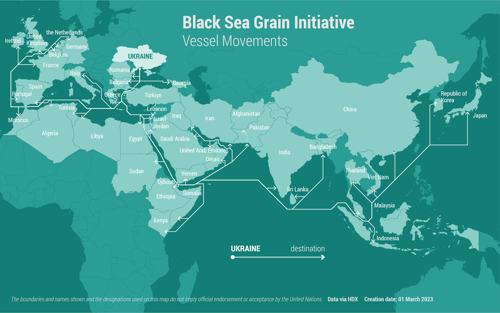
Ukraine has said that Russia’s proposal to extend the wartime grain export deal for 60 days goes against the agreement between the two countries. Ukrainian Infrastructure Minister Oleksandr Kubrakov said that a 60-day extension contradicts the documents signed by guarantors Turkey and the UN but did not reject the proposal.
#2. Ukraine War: Chinese President Xi Jinping Plans Russia Visit As Soon As Next Week – WION
The visit would come sooner than previously expected. The Wall Street Journal reported last month that Xi’s visit to Moscow could occur in April or early May.
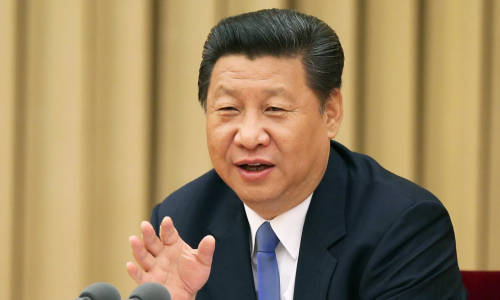
The WSJ reported that Xi has planned to hold an online meeting with Ukrainian President Volodymyr Zelensky. If it happens, it will be the first since the start of the Ukraine war last year in February.
The report added that the virtual meeting is likely after he visits Moscow to meet with Russian President Vladimir Putin.
The crucial visit will follow China’s recently floated peace plans to end the Ukraine war.
#3. U.S. Turns To New Ways To Punish Russian Oligarchs For The War – A.P.
The U.S. has begun an aggressive new push to inflict pain on Russia’s economy and, specifically, its oligarchs to thwart the Kremlin’s invasion of Ukraine.
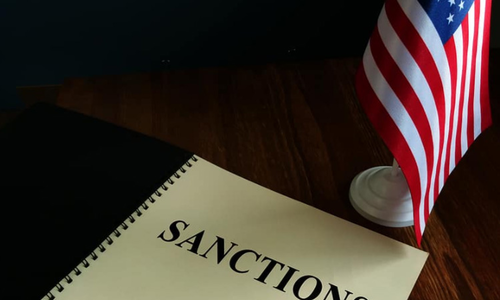
From the Treasury Department to the Justice Department, U.S. officials will focus on efforts to legally liquidate the property of Russian oligarchs, expand financial penalties on those who facilitate the evasion of sanctions, and close loopholes in the law that allow oligarchs to use shell companies to move through the U.S. financial system.
#4 Aukus Deal: U.S., UK, And Australia Agree On Nuclear Submarine Project – BBC
The leaders of the U.S., UK, and Australia have unveiled new details of their plan to create a fleet of next-generation nuclear-powered submarines.

Under the Aukus agreement, Australia will first receive at least three nuclear-powered submarines from the U.S. The allies will also collaborate to create a new fleet using cutting-edge technology, including reactors made by Rolls-Royce in the UK.
The pact is aimed at countering China’s influence in the Indo-Pacific region.
#5. Australia Says Offered China Briefing Over Nuclear Submarine Deal – Reuters
But Australia is not aware of any response from Beijing, Australian Defense Minister Richard Marles said.
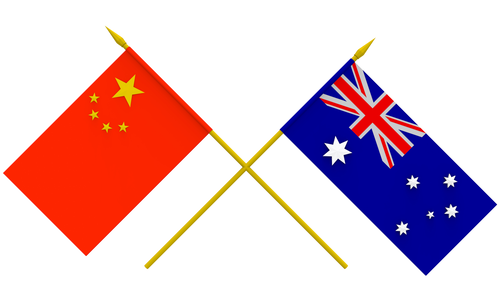
The government has made more than 60 calls over the last week to leaders, including in the Pacific and Southeast Asia, to inform them about the agreement, known as the AUKUS pact, Marles said during a televised media briefing.
China “firmly objects” to the nuclear submarine agreement, its foreign ministry said this month.
#6. Rishi Sunak: China Represents Challenge To World Order – BBC
UK Prime Minister Rishi Sunak said he was increasing funding for the armed forces because “the world has become more volatile” and “threats to our security have increased.”
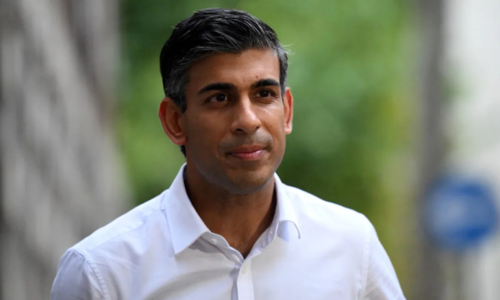
Defense spending will rise by nearly £5bn over the next two years.
Mr. Sunak was speaking in California, where he held talks with his U.S. and Australian counterparts to agree on details of a UK-U.S. pact to supply Australia with nuclear-powered submarines.
The agreement, known as the Aukus pact, was signed in 2021 as part of a joint effort to counter Chinese military power in the Indo-Pacific region.
#7. China’s Mediation Between Saudi Arabia And Iran Not ‘Adverse’ To U.S. Interests: WH – Al Arabiya
The White House said the U.S. was not in a position to mediate between Saudi Arabia and Iran. China’s efforts to “promote de-escalation” in the region were not “adverse” to American interests.
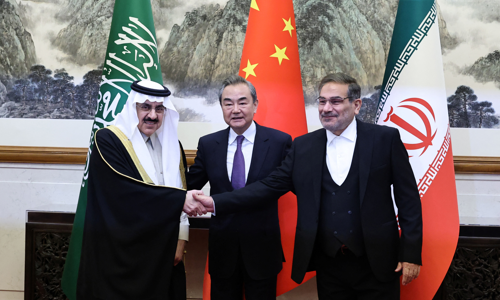
After seven years of heightened tensions, Saudi Arabia and Iran announced a landmark agreement brokered by China to re-establish diplomatic ties and reopen embassies, backing opposing sides in regional conflicts and supporting differing parties in political rows across the Middle East.
#8. Iran Has Pardoned 22,000 Arrested During Protests, Judiciary Chief Tells IRNA – Reuters
Iranian judicial authorities have pardoned 22,000 people who took part in anti-government protests, Iran’s judiciary chief said.
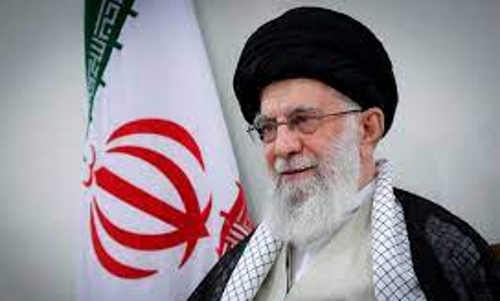
He did not specify over what period the pardons were granted or if or when the people had been charged.
State media reported early last month that Supreme Leader Ali Khamenei had pardoned “tens of thousands” of prisoners, including some arrested in the protests in a deadly crackdown on dissent.
#9. Saudi Arabia Obstructed Visit By Israeli Foreign Minister, Says Report – Middle East Eye
Saudi Arabia has effectively obstructed a plan to allow Israeli Foreign Minister Eli Cohen to attend a UN conference in the kingdom after Riyadh would not “seriously discuss” Cohen’s security detail.

Cohen was set to attend a UN World Tourism Organization conference in the kingdom this week. This trip would have marked the first public visit by an Israeli minister to Saudi Arabia.
The report underlines Israel’s uphill battle as it pushes Saudi Arabia to normalize ties.
Republished with permission from TIPP Insights














